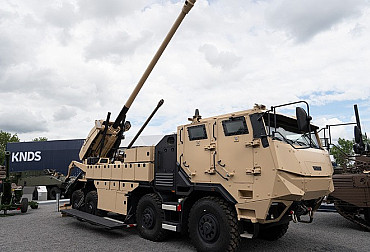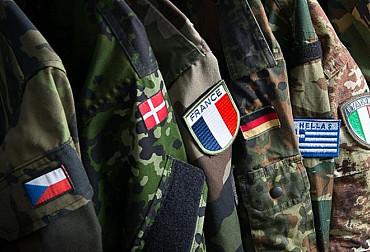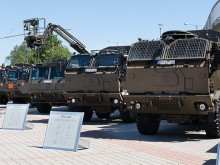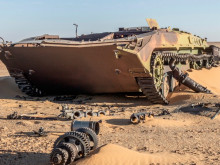Trump asks NATO members to spend more money on defence. How might this affect Slovakia?
Even before officially taking office as President of the United States, Donald Trump said that NATO member countries should allocate up to 5% of GDP to defence. The statement by the now acting US President was met with mixed reactions across the North Atlantic Treaty Organisation. On the one hand, for example, Poland or Estonia are on the same side as the White House chief, while on the other is Germany, which rejects defence spending of 5% of GDP. The question is how Slovakia will approach Trump's demand.
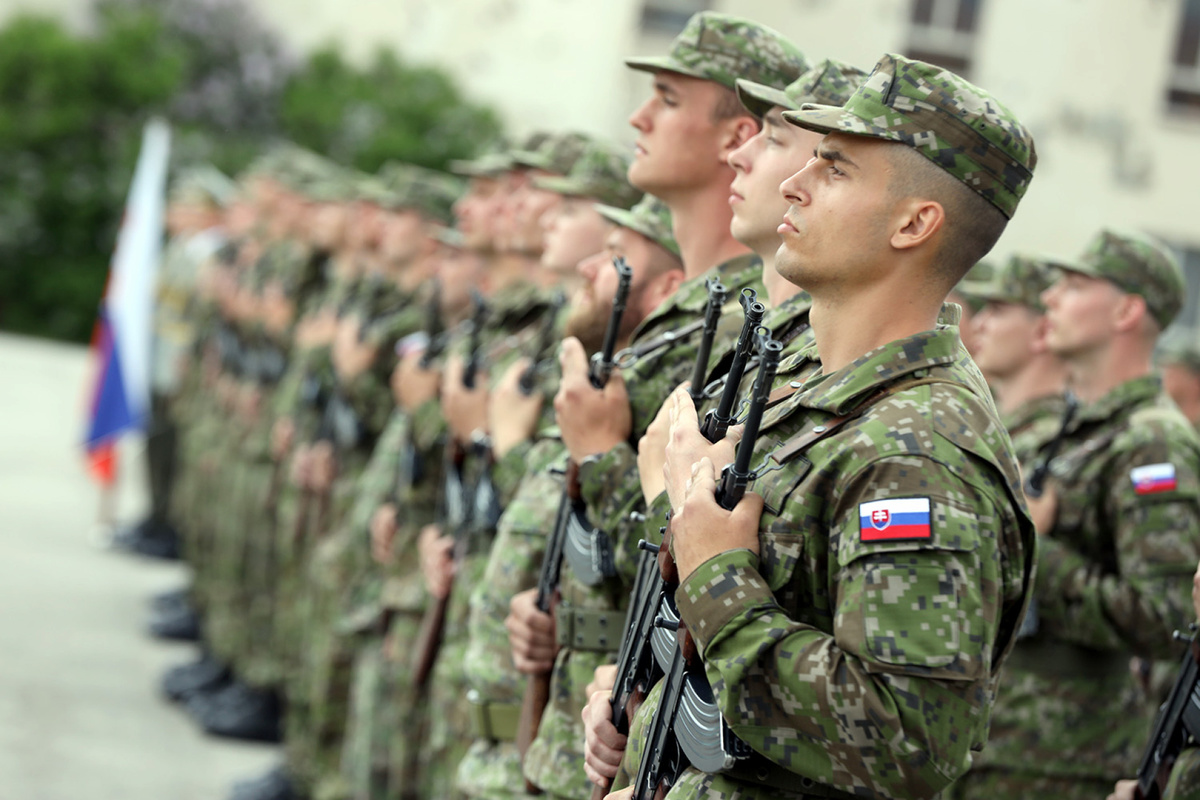
The need to increase investment in the defence sector has been intensively discussed for the last 2-3 years, especially because of the war in Ukraine. At the same time, Russia's aggression against its neighbour has highlighted the unfortunate attitude of European countries towards defence and security. For many years, armaments were tabooed, the defence industry was considered unviable, in some cases even inhumane, and many countries refused to increase defence spending and rather reduced it. Today, it is clear that this approach was not correct, and the leaders of NATO and the European Union are aware of this, who, like Donald Trump, are calling for an increase in defence spending, but not to the extent that the US President wishes.
The increase in defence spending in Europe is clearly demonstrated by various statistics. While in 2018 Europe invested $284.6 billion in defence, in 2023 it will be $388 billion, according to statistics from The Military Balance. NATO Secretary General Mark Rutte and European diplomatic chief Kaja Kallas have also recently spoken about the need to continue increasing defence spending. According to Rutte, NATO member states should spend more than 2% of their GDP on defence, as this amount of defence funding is no longer adequate for the needs and the current security situation. While specific figures will come out of the upcoming meetings of NATO defence ministers, Rutte said NATO countries will have to spend much more than 2 percent on defence. There are reports in the public domain that defence chiefs are currently discussing spending worth 3 percent of GDP.
The discussion about the need to invest more money in defence within NATO also concerns Slovakia. For many years Slovakia did not invest enough money in the modernisation of its army, but this has changed for the better in recent years. Slovakia's defence spending has been increasing since 2019 and currently stands at around 2% of GDP. According to calculations by the Council for Budget Responsibility, defence spending is expected to reach around 2.3% of GDP this year and next.
This figure is partly surprising, as the current Slovak government in its programme statement has stated 2% of GDP as the maximum it is willing to spend. In December last year, Slovak Defence Minister Robert Kaliňák said that, due to the need to consolidate public finances, it was not possible for defence spending to approach the three per cent that is now being discussed among NATO members. However, Kaliňák admitted that Slovakia will invest a little more than 2% of GDP in defence in the coming years. The head of the Slovak defence ministry added that he believes that Slovakia's defence spending is sufficient at its current level.
Andrej Danko, the chairman of the Slovak National Party, has a more radical stance on increasing defence spending. He has expressed in the media that he will block a possible increase in defence spending to 3% of GDP and considers the current two percent "too high". The opposite view is shared by some military and security analysts. Vladimir Bednar, for example, predicts that if a potential aggressor is to be deterred, defence spending should exceed the three per cent threshold, and that this should be done across the entire North Atlantic Alliance.
It is more than likely that Slovakia will not be able to spend the five per cent requested by Trump on defence in the foreseeable future, as the Slovak economy is not powerful enough to afford such an expenditure. Nevertheless, it is important that defence is among the priorities of Slovak politicians and that there is a clear consensus across the political spectrum on a reasonable and realistic increase in defence spending in the context of the state budget. Slovakia is nowhere near the NATO countries, such as Spain, which have been spending less than 2% of GDP on defence for a long time. Nevertheless, it is necessary to further strengthen its own security, which is not a given today, and, as a reliable partner, to at least express a willingness to continue increasing defence spending.















